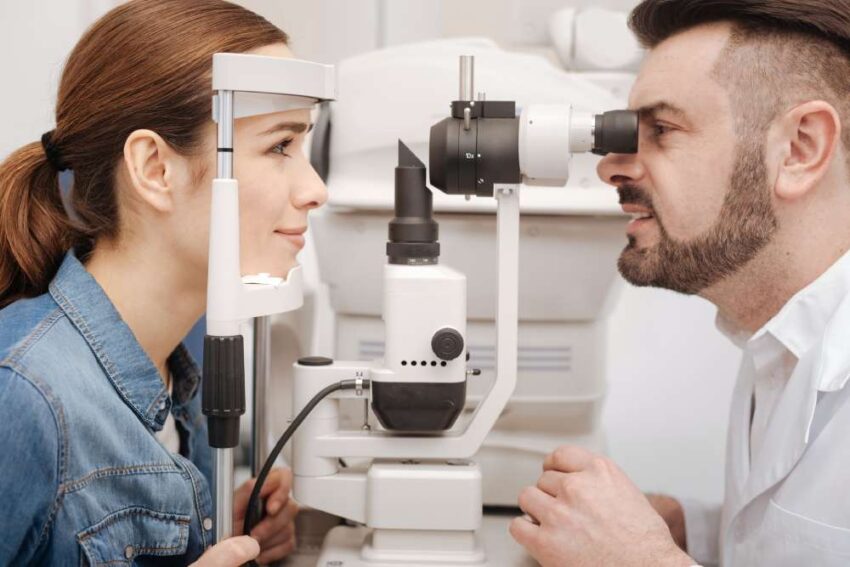Your eye health is important, and regular visits to your optometrist are a good idea. They can detect certain health conditions and help you take steps to avoid complications in the future. Many people don’t share all the facts about their eyes with their eye doctors.
Experience
As with any medical professional, the more experience a doctor has had, the better. This means they are more likely to know your condition and the most effective treatment methods. It also means that they will be more able to pick up on any unusual symptoms or abnormalities that may be present.
Another important consideration when choosing an eye doctor is their level of training and education. While optometrists have the shortest educational requirements, ophthalmologists must complete eight years of medical school and one year of internship before being licensed to perform eye surgery.
Asking for recommendations from family members, friends, and coworkers can be a great way to find an experienced eye doctor near me with whom you feel comfortable. However, don’t be afraid to visit several practices before deciding which is right for you. Your first appointment can give you an idea of the level of care you’ll receive from a practice.
Qualifications
Ophthalmologists are medical doctors (MDs) specializing in eye and vision care. They undergo 12 years of education and training, years of undergraduate work, four years of medical school, and a three-year residency in ophthalmology.
They are licensed to perform lens replacement surgery, Laser-Assisted In Situ Keratomileusis, Photorefractive Keratectomy, and more. They also prescribe medications for eye health problems such as glaucoma, macular degeneration, and cataracts.
On the other hand, optometrists have a doctorate of optometry (OD) degree and attend optometry school rather than medical school.
They can diagnose common eye diseases and vision problems but are not qualified to perform surgery. They can refer patients to an ophthalmologist for more serious issues such as detached retina.
Some ophthalmologists choose to complete one or two years of additional subspecialty training, which allows them to focus on treating specific eye conditions like glaucoma and corneal disorders.
Regardless of which type of eye doctor you see, they should be highly educated, competent, and able to communicate well with their patients.
Flexibility
Ophthalmologists have at least 12 years of training, including undergraduate work, medical school, and a residency. They are qualified to diagnose and treat eye diseases and vision issues and can perform surgery.
Optometrists have at least four years of pre-professional education and a Doctor of Optometry (OD) degree. They are qualified to diagnose and treat many eye diseases and vision issues and can prescribe contact lenses and eyeglasses.
In some cases, optometrists also provide laser eye surgery, such as LASIK.
Optometrists often screen for health conditions such as diabetes that can affect your eyes and overall health, and they are trained to identify 270 different conditions that could impact your vision, according to the American Optometric Association. They may also be able to identify symptoms of other health conditions like heart disease and high blood pressure.
Personality
Whether you want to be an eye doctor or admire them, some personality traits will help you understand why they do what they do. They are empathetic and patient with their patients, even when they have to perform procedures that may be uncomfortable or unpleasant for them.
They love what they do. A recent study of ophthalmology residents found that ESTJ, ENTJ, and ISTJ were the three most common MBTI indices represented. These personality types tend to be detail-oriented and enjoy working with their hands so they can better understand the nuanced field of ophthalmology.
They are also committed to their careers. Many ophthalmologists belong to professional organizations that allow them to stay current on the latest research in their fields and connect with fellow professionals. It’s another way they demonstrate their commitment to continuing education and providing the best care for their patients.

